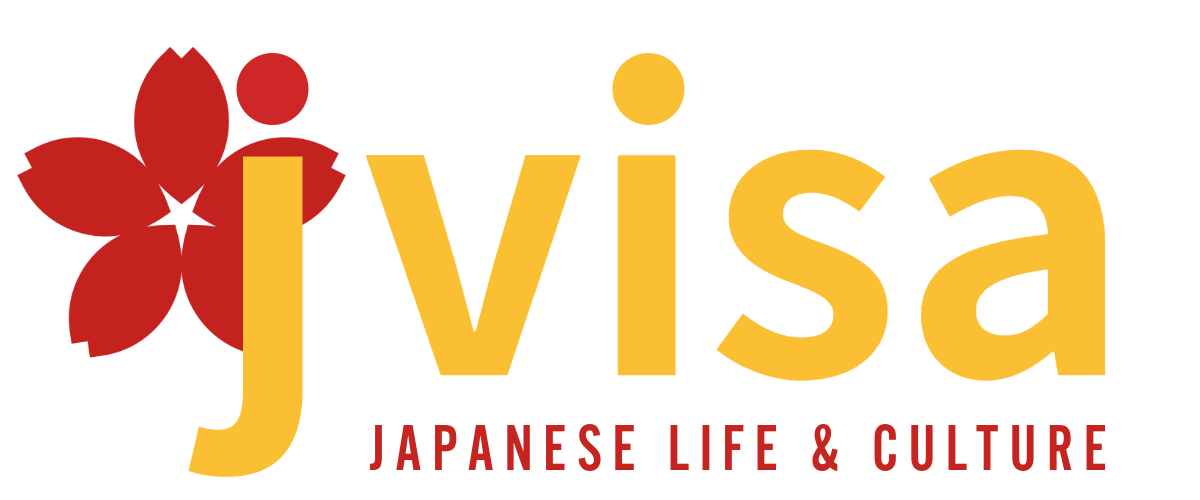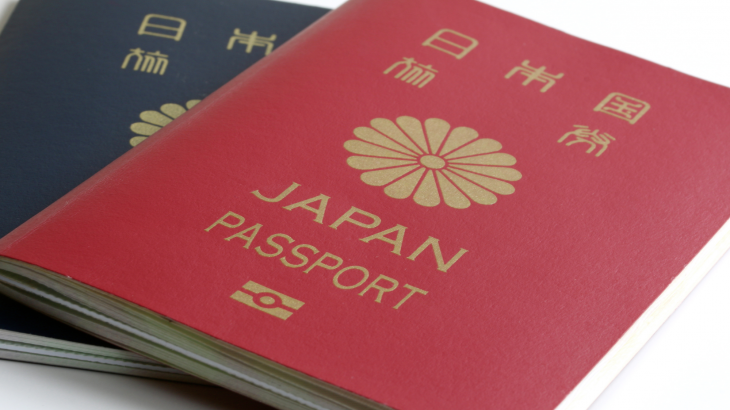What will Japanese technical interns do after returning home? With the knowledge and experience they have accumulated, should they start their own business or work for a company? Is there any suitable job? These are common concerns and worries of interns during the time they are preparing to finish their labor export term in Japan.
The article below will provide you with detailed information, answering all your questions to help interns who are currently having doubts and concerns to have an overview and based on their own needs to choose a career path suitable for themselves.
What are Japanese technical interns?
In other words,the technical intern training program (TITP) for foreigners is a mechanism for training working skills to foreign workers aged 16 to 50 in Japanese companies, helping them apply the skills they have learned and practiced proficiently so that when they return to their home country, they can apply these knowledge and skills to contribute to the economic and industrial development of their country.
The permitted stay period in Japan under the “technical internship” status is within 3 years, including both the “TITP No. 1” and “TITP No. 2” periods.

Which option for interns after returning home?
After living and working in Japan for about 3 years, interns will have countless opportunities for development when they return home. You can refer to some options below to find a suitable career path for yourself:
Continue working in Japan
The Japanese work culture, known for its emphasis on precision, dedication, and continuous improvement (Kaizen), is always a desirable work environment for many people. For many interns, the opportunity to continue working in Japan after their internship is something they always desire. Because from there, they can enjoy the benefits of a developed country society, high living standards, or simply live and continue to learn about Japanese culture and people. Industries such as manufacturing, engineering, information technology, and healthcare always welcome skilled workers.
Challenges:
To be able to work long-term in Japan, you need to be proficient in the language and have a certain understanding of Japanese business etiquette and culture. Language is the main barrier to the desire to continue working in Japan, as being proficient in Japanese is essential for effective communication in the workplace and even in daily life. In addition, adapting to the Japanese work culture, such as working intensely for many hours, hierarchical organizational structure, etc., may initially pose challenges for some individuals.
To succeed, you need to make efforts, actively learn, absorb experience from colleagues, predecessors, or more experienced professionals. Continuously developing professional skills and obtaining certifications in your field can also enhance your job prospects.

Employment in another country
Japan is globally renowned of its advanced technology and high-quality standards. This means that former interns, after completing their work period in Japan, will have a certain advantage in seeking employment opportunities in other countries, especially in places looking to adopt Japanese technology and have experienced personnel in operating Japanese technology. Their unique experience is a valuable asset for multinational corporations, engineering, and technology companies. This path can offer job opportunities in diverse cultural environments, enhancing their adaptability and global perspective. It requires willingness to overcome the challenges of relocation and integration into a new work environment while leveraging the skills and experience gained in Japan to excel in their roles.
Challenges:
Similar to seeking employment in Japan, language barriers and cultural differences can pose challenges. Additionally, ensuring work visas and comply with the law of other countries can be complex.
Therefore, obtaining international work certifications and actively engaging with workers from other countries can be a key to make job hunting in these countries easier.
Start a business
When you have accumulated enough experience and capital for yourself, starting your own business is not a bad option. After about 3 years of working abroad, you will likely have saved around 25,000 – 29,000 USD. If you manage your finances wisely, that amount could even be higher.
With the living expenses and practical experience in a new country, you will have a more comprehensive, multidimensional perspective. Along with that are life skills and experiences, you can venture into fields related to the work you did in Japan such as agriculture, construction, manufacturing, technology, etc. Start-ups can play a significant role in introducing new technologies and business models, promoting economic growth, and creating job opportunities in their homeland.
Challenges:
Starting a business is never easy and entails many risks. Before starting, you need to equip yourself with sufficient knowledge of financial management, human resources, business operations, etc., as well as understanding how the market operates. Additionally, businesses must comply with local regulations.
Technical Advisor
Former interns can leverage their experience and expertise to work as technical advisors. This role involves guiding companies or organizations in implementing the best practices they learned in Japan, optimizing production processes, improving quality control measures, and applying new technologies. Technical advisors can work in various industries, providing insights to help businesses enhance efficiency, reduce costs, and improve product quality. This career path is ideal for those who enjoy problem-solving, strategic planning, and working closely with teams to drive improvements. It combines technical knowledge with soft skills such as communication, leadership, and change management.
Challenges:
Building credibility and establishing an initial client base can be challenging. Advisors also need to continuously update their knowledge to provide relevant and valuable advice in the current context.
Consultants can actively participate in courses to obtain additional certifications, enhance credibility, and thereby attract more consulting opportunities.

Work for the Government
Former interns can also participate in government projects related to community development. This is a perfect opportunity for them to apply skills and large-scale initiatives to improve infrastructure, public services, and contribute positively to the quality of life in the country. This may include roles in urban planning, renewable energy projects, water and waste management, and other areas crucial for sustainable development.
Challenges:
These positions often require collaboration with various stakeholders, including government agencies, non-profit organizations, and international organizations. Success in this field requires in-depth understanding of local and global challenges, as well as the ability to adapt and apply the best practices they learned in Japan to diverse environments.

Summary
In conclusion, after the Technical Intern Training Program in Japan, there are many career paths for former interns, each with its own opportunities, challenges, and successes. Whether choosing to stay in Japan, contribute to the development of their homeland, or even seek employment in another country,… the key to success lies in leveraging the skills and experiences they have learned and achieved during their time in Japan. Perseverance, continuous learning, acceptance, and openness to new things will help both newcomers and those nearing the end of their internship period succeed, regardless of the path they choose.










